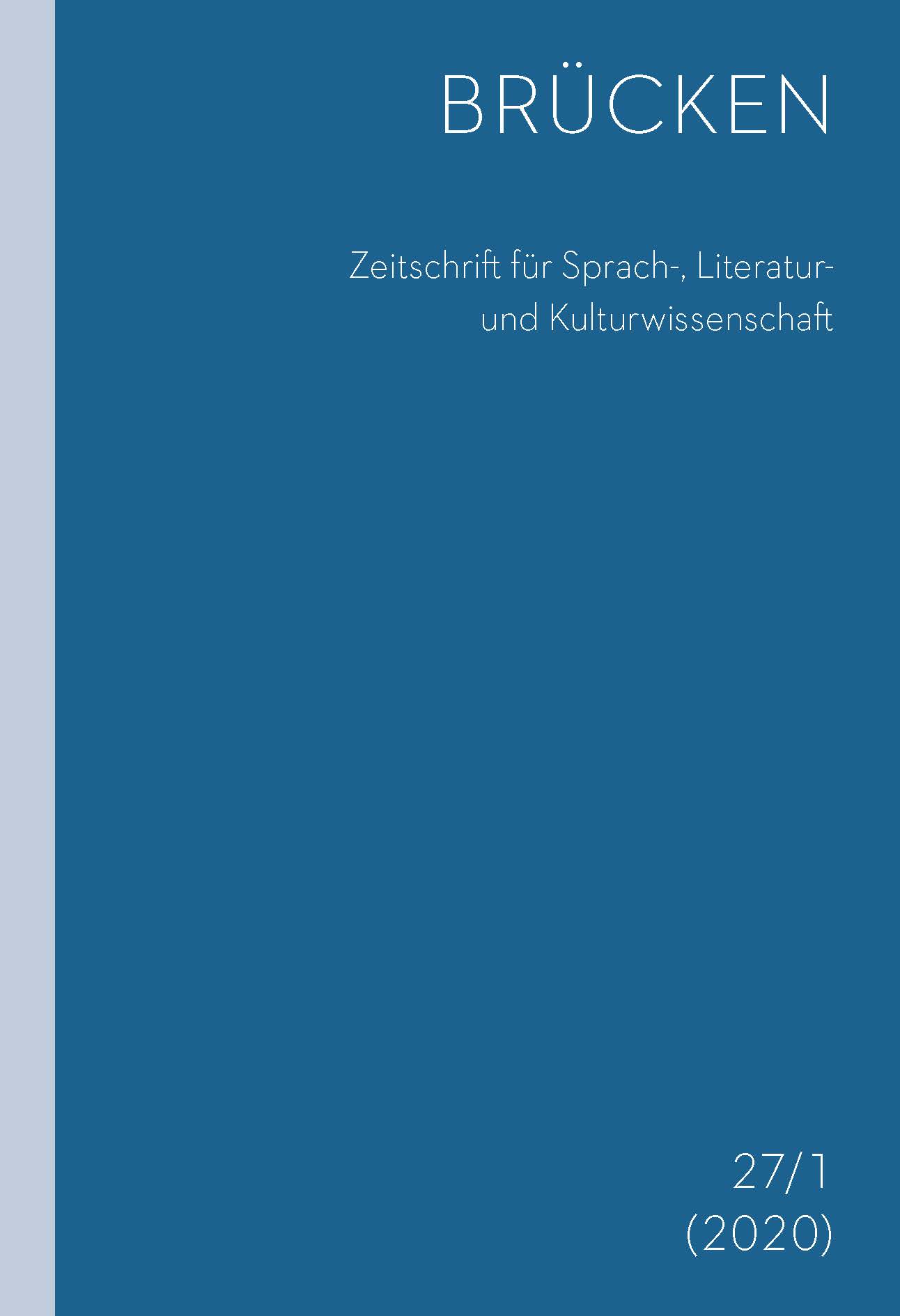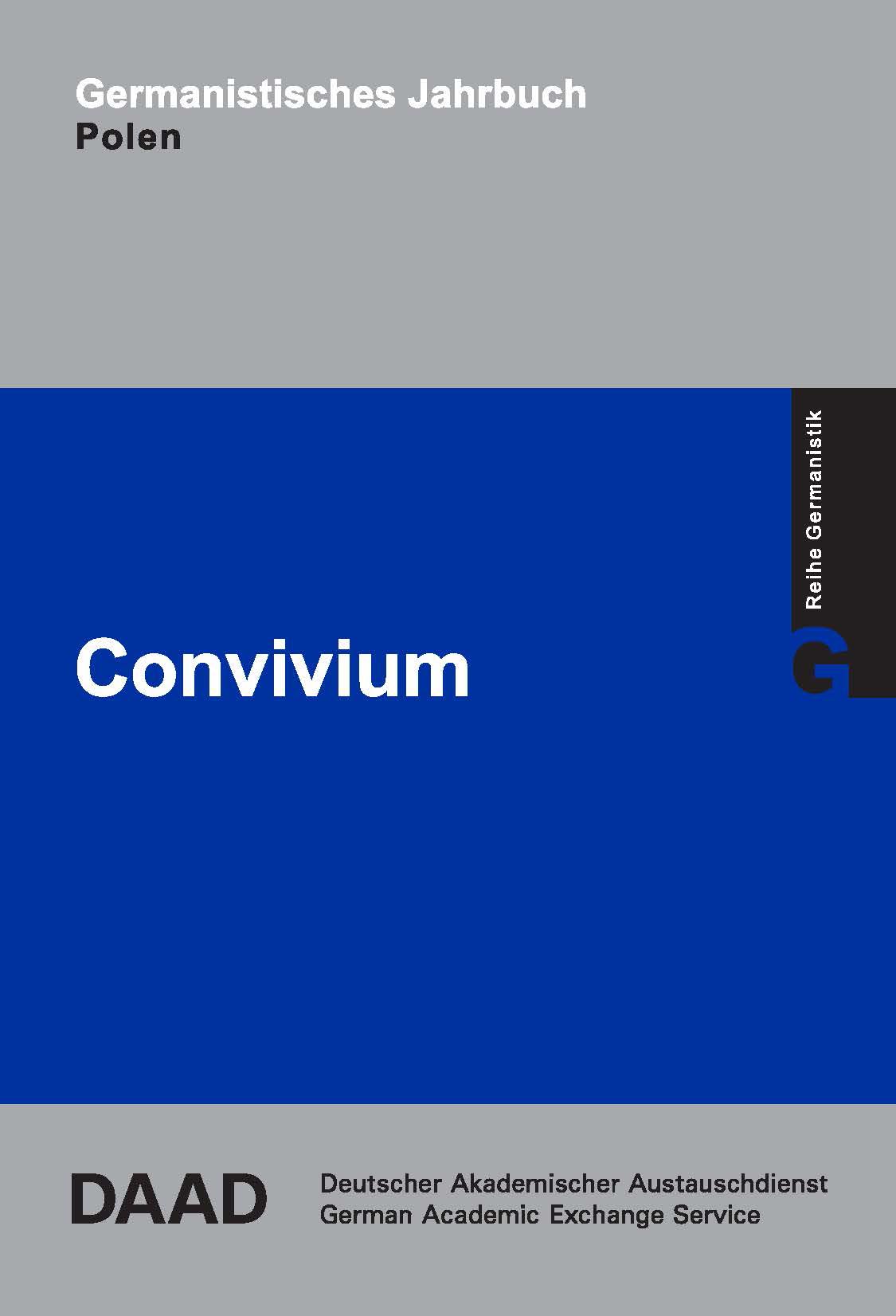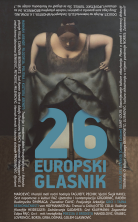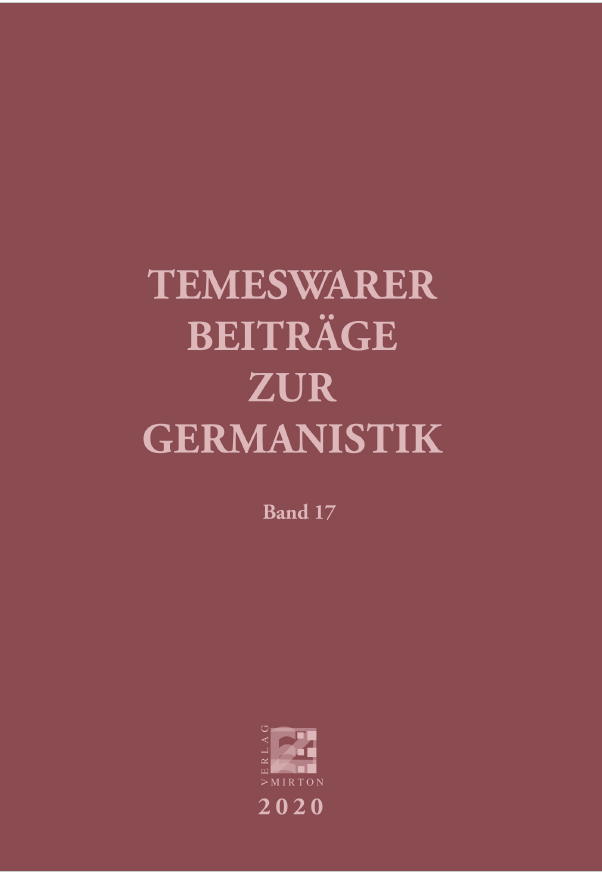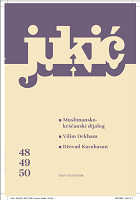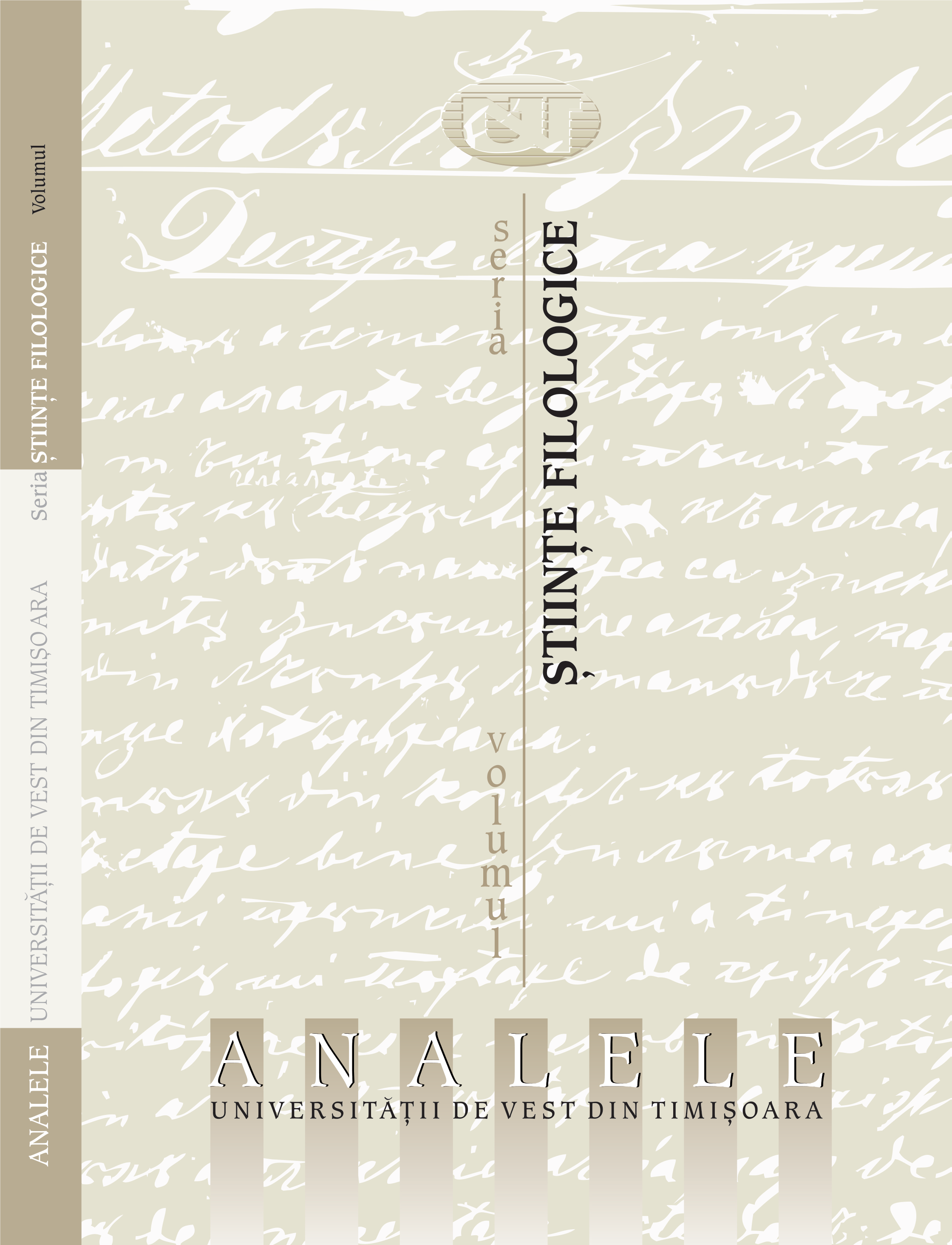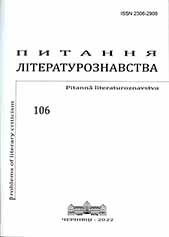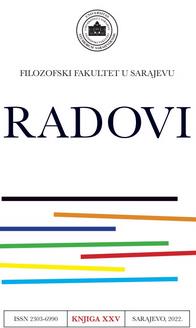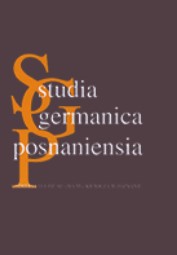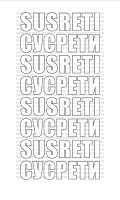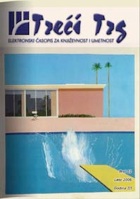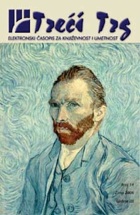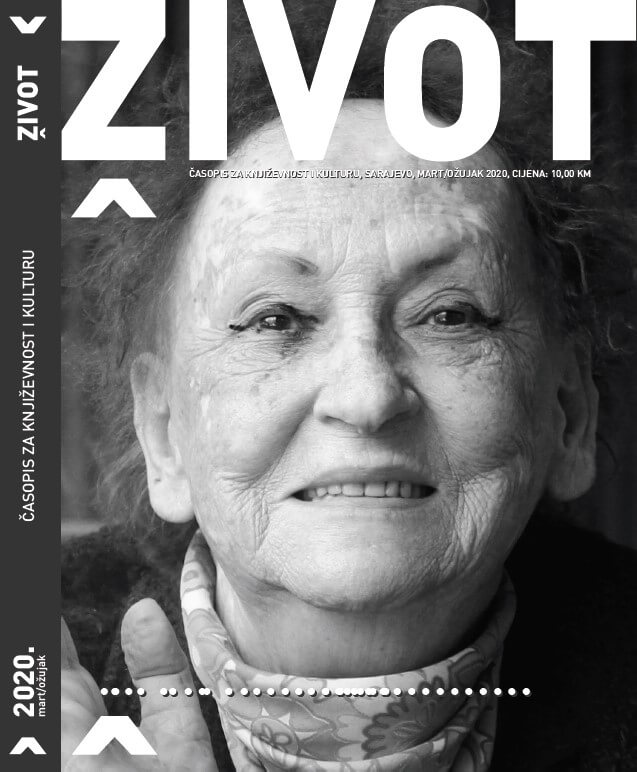
Austrijska književna scena 2019.
Nema sumnje da će za austrijsku kao i književnost njemačkog govornog područja u cjelini 2019. godina sigurno biti zabilježena kao jedna od značajnijih u njenoj novijoj historiji. Protekle godine je Peter Handke kao drugi Austrijanac, nakon Elfriede Jelinek, dobio Nobelovu nagradu za književnost. Dakako Elias Canetti, inače rođen kao sefardski Jevrej u bugarskom Ruseu, također se ponekad pribraja austrijskoj književnosti, iako se u Nobelovom komitetu vodio kao britanski državljanin. Handkeova nagrada je zbog političkog djelovanja autora u bivšoj Jugoslaviji izazvala kontroverze i veliku književnu debatu svjetskih razmjera, dakako i u njemačkom govornom području, te je podsjetila na staro pitanje šta književnost zapravo smije, gdje su granice umjetnosti u odnosu na historijsku istinu i političko-ideološku manipulaciju. O toj raspravi, u kojoj je i u našim i u austrijskim i njemačkim medijima sudjelovao i potpisnik ovih redova, već se dosta pisalo, a vjerovatno će njeni efekti uključujući i paralelne reakcije na govor Saše Stanišića na Frankfurtskom sajmu knjiga, sada preći na akademsku razinu i postati predmet književnopovijesnih proučavanja.
More...
